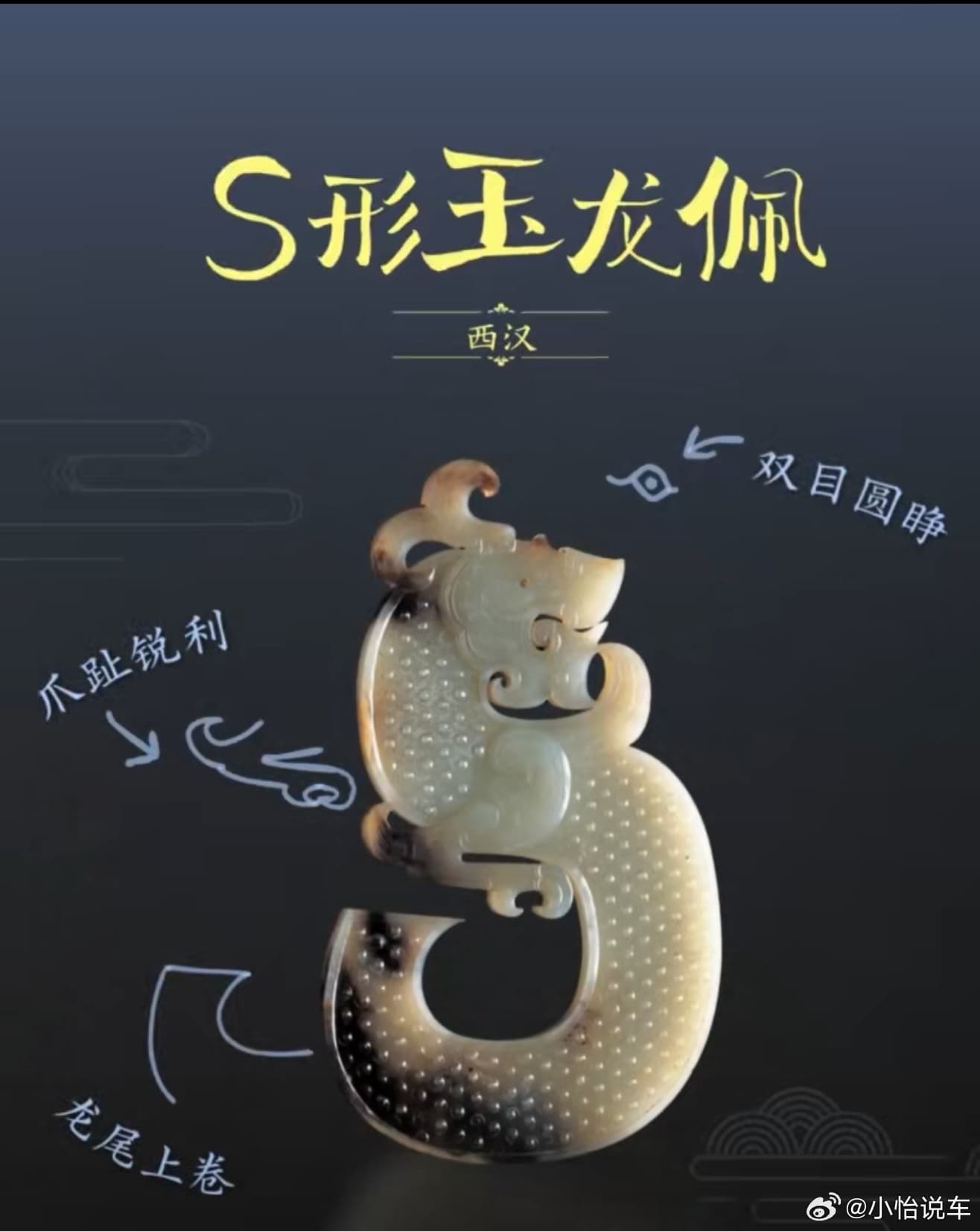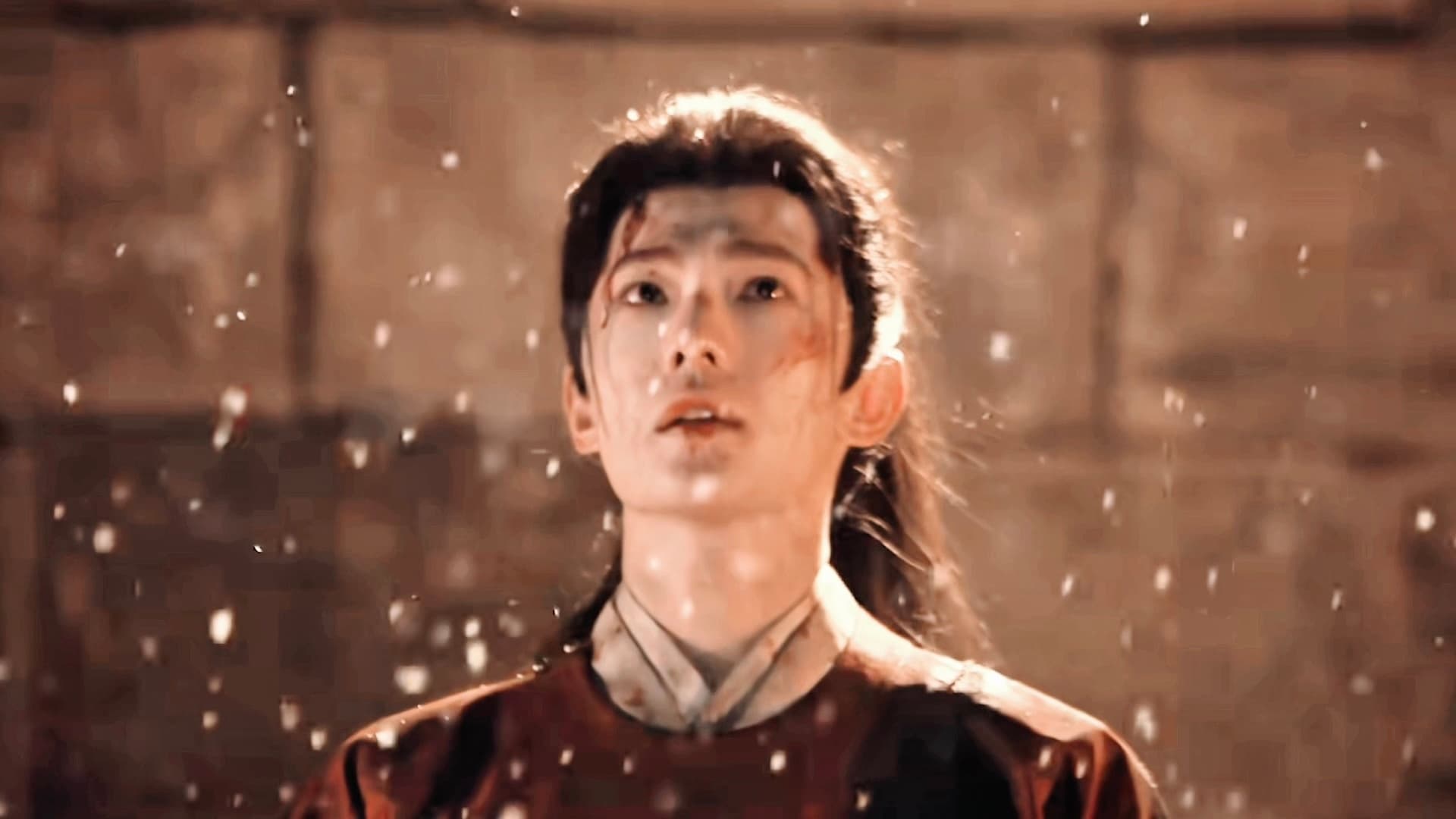Oilseed Rape Flowers in Anhui Province: A Spectacular Springtime Sight Amid Environmental Concerns
In the verdant landscapes of Anhui Province, colloquially known as "Fengyang" or "Southern Wan," the oilseed rape flowers, or "油菜花," are in full bloom, creating a picturesque springtime atmosphere that has captivated the hearts of locals and visitors alike.
26 March 2024
The images accompanying this story depict undulating fields of vibrant yellow flowers, contrasting beautifully with the gentle smoke wafting from neighboring villages and the mist-covered mountains in the distance. The scene is reminiscent of traditional Chinese landscape paintings, with the added bonus of being a living, breathing work of art. The oilseed rape flowers, native to the Eurasian continent, have long been a symbol of the arrival of spring in China.
The flowers are often used in traditional Chinese medicine, and their seeds are cold-pressed to produce canola oil, a staple in many Chinese kitchens. In recent years, oilseed rape flower fields have become popular tourist destinations, attracting photographers and nature enthusiasts from across the country. On Weibo, China's version of Twitter, the hashtag #皖南油菜花盛开春日氛围拉满# (#Oilseed Rape Flowers in Full Bloom in Southern Wan#) has garnered significant attention, with users expressing their admiration for the stunning visuals and the sense of tranquility that the fields evoke.
One user, @MarySun, commented, "These pictures are so beautiful, I feel like I've been transported to a fairy tale!" Another user, @LittleRedBean, echoed the sentiment, writing, "I've never seen anything like this before.
It's like a sea of gold. I can't wait to visit!" However, not all reactions have been positive. Some users have expressed concern about the potential environmental impact of the large-scale cultivation of oilseed rape flowers. @EcoWarrior wrote, "While the fields are undeniably beautiful, I can't help but worry about the long-term effects of monoculture on the local ecosystem.
We need to be mindful of our actions and consider the potential consequences." This concern is not unfounded. Monoculture, or the practice of growing a single crop on a large scale, can lead to soil degradation, pest infestations, and a decrease in biodiversity. It is crucial that local authorities and farmers work together to ensure that the cultivation of oilseed rape flowers is sustainable and responsible. As the oilseed rape flowers continue to bloom, they serve as a reminder of the beauty and fragility of nature. The flowers' ephemeral existence, lasting only a few short weeks, underscores the importance of cherishing and protecting the world around us. As we marvel at the stunning vistas, let us also consider the implications of our actions and strive to create a sustainable future for all. In the end, the oilseed rape flowers in Southern Wan are more than just a beautiful natural phenomenon. They are a symbol of the delicate balance between human activity and the environment, a testament to the power of nature, and a call to action for those who care about the preservation of our planet.
Share this article
Related Articles

Mother’s Hand‑Stitched Nike Backpack Goes Viral, Showcasing Love, Craftsmanship and Brand Authenticity in China
By Trending on Weibo
Culture
15 Sept 2025

China’s “National Treasure Highlights” Campaign Turns Heritage Into Global Soft‑Power and Consumer Brand】
By Trending on Weibo
Culture
13 Sept 2025

Mystery Meme: Unraveling China’s “Dissected 14 People, Crumbled by a Letter” Phenomenon】
By Trending on Weibo
Culture
8 Sept 2025

Chinese Netizens Turn Blood Moon Into Viral “Too Abstract” Meme
By Trending on Weibo
Culture
8 Sept 2025

From Song Dynasty Verse to 2024 Drama: The Enduring Echo of “Rain‑Laden Bells” in Chinese Culture
By Trending on Weibo
Culture
8 Sept 2025